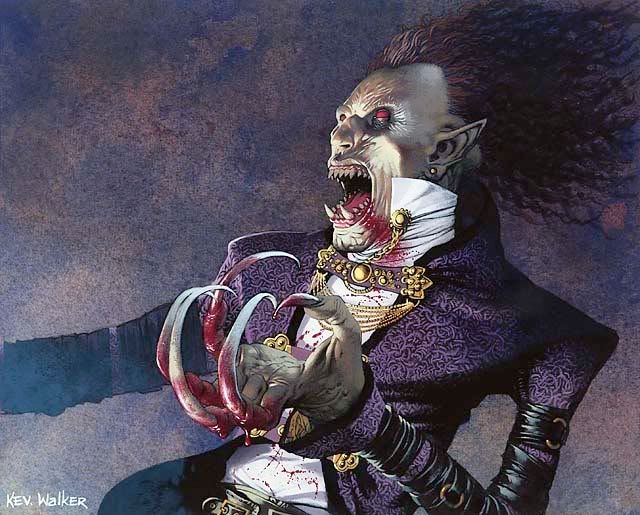Marriage and Family in the Middle Ages is a highly readable, easily accessible tome for understanding the world of, well, marriage and family in the middle ages. Even if you have never cracked a non-fic since high school, you won't have too much trouble understanding this one.
This book applies to:
D&D, Pathfinder and sundry
D&D setting such as Forgotten Realms, Birthright, even Al-Quadim (for comparison to foriengers)
Dark Ages Vampire, Dark Ages Werewolf, Dark Ages Mage, Dark Ages Inquistor and Dark Ages Fae
Vampire the Masquerade
Ars Magica
Warhammer Fantasy Roleplay
Warhammer 40k
How it applies to the DM
This book is, to me, one of my best references for running family and political conflict in a medival setting. The story of the Paston families struggles over land and marriage in chapter 13 is fecund material for a land struggle in D&D, Dark Ages Vampire or Ars Magica. Being that the political structures in Warhammer 40k resemble feudalism, I could easily garner many plots even for that sci-fi game.
Why care about families?
This book will elucidate you on a number of different familal structures from Roman Times, early Germanic tribes, Anglo Saxons, and through the Early, Middle, and Late Middle Ages. Knowing how familes operated in those times is helpful when determining how PCs might know eachother (cousins often lived together amoung the nobility, and even peasants would occasionally include a married couple, their unwed children, one of their married children, and that child's spouse), or how NPCs are interrelated. Furthermore, the book explains how families were often the decision makers concerning land and inheritance, and the even peasant families could be free of serfdom simply by defualting on their services and paying a fine to the lord, especially in the Late Middle Ages (1350-1500 c.e.).
Another interesting note, in smaller towns, wealthier peasants would rent out their house for lodging, since only big towns had inns, which can create interesting encounters with the small time locals.
Another interesting note, in smaller towns, wealthier peasants would rent out their house for lodging, since only big towns had inns, which can create interesting encounters with the small time locals.
For GMs in medival fantasy settings, any one peice of property, on top of making money from farming, can be the site on an ancient temple, a lost treasure, a node of magical power, the site of a future battle, etc. Also, magic items or other MacGuffins are moved about through these systems of inheritance, especially amoung the upper crust (but there again, what better way to hide the Macguffin of the Arch-Plot than in the larder of some pathetic peasants).
Women
While by and large women had far less clout than they deserved in those times, sometimes they had enough to make things quite interesting (in several cases women ended up owning the estates of nobility), and having a good grasp of this tome will enrichen the background of both female and male characters of more simulationist middle ages games. Even in egalitarian settings, this book may serve as history of a more sexist time, or help to create a patriarchy within one of more cultures in that otherwise free world.
Vampires
The book is especailly salivating for those playing or running Giovanni, Venture, and Tzsmice vampires in both Dark Ages Vampire and even in Vampire the Masquerade. Why is it tasty for a modern day Vampire game? Cuz vampires live forever, and many times an elder's plots will far outlive her. Curses levied upon a lineage will be better explained with a knowledge of the importance, and potential conflict, arising from families.
 |
| "This was the Palazzi of my family in 1194. Oh! Did you ever find the dungeon? Want to see it...?" |
How it applies to the Player
This book is great great great background meat for historical games. You will be able to outline the downfall of your noble house easily after this book explains the downfall of a few noble houses for you. It also talks about peasant life, which was not all mandatory depression mind you, but was still harsher than we would like.
How's this for a character's origins? In the early Roman custom of "exposure", the male head of the household was known as the paterfamilias, and he wielded the power of a petty monarch over his house, consisting of wife, children and slaves. His descions extended over even matter concerning life and death.
Your character was born of your mother, and she laid you before him, in the traditional ceremony. If you were good in his sight he would pick you up and name you, accepting you into his house. You needed his sufferance for such entry, even though he made you in the first place.
But when you he gazed upon you tough, he found you wanting. Thus, he did not pick you up, and with heavy heart, your mother "exposed" you, i.e. leaving you crying somewhere in the city, where some pitious soul might rescue you.
Unfortunately, or perhaps fortunatley, it was the elder who chose you...
 |
| "Insufferable brat! I should have left you to the wolves of Rome!" by "Sengir Vampire" Kevin Walker |
The Bottom Line
Readable, useful and accurate (or at least has lots of citations), this book will be good to add to your shelf. More useful to the DM, perhaps, but still valuable for a medivalist player.


No comments:
Post a Comment